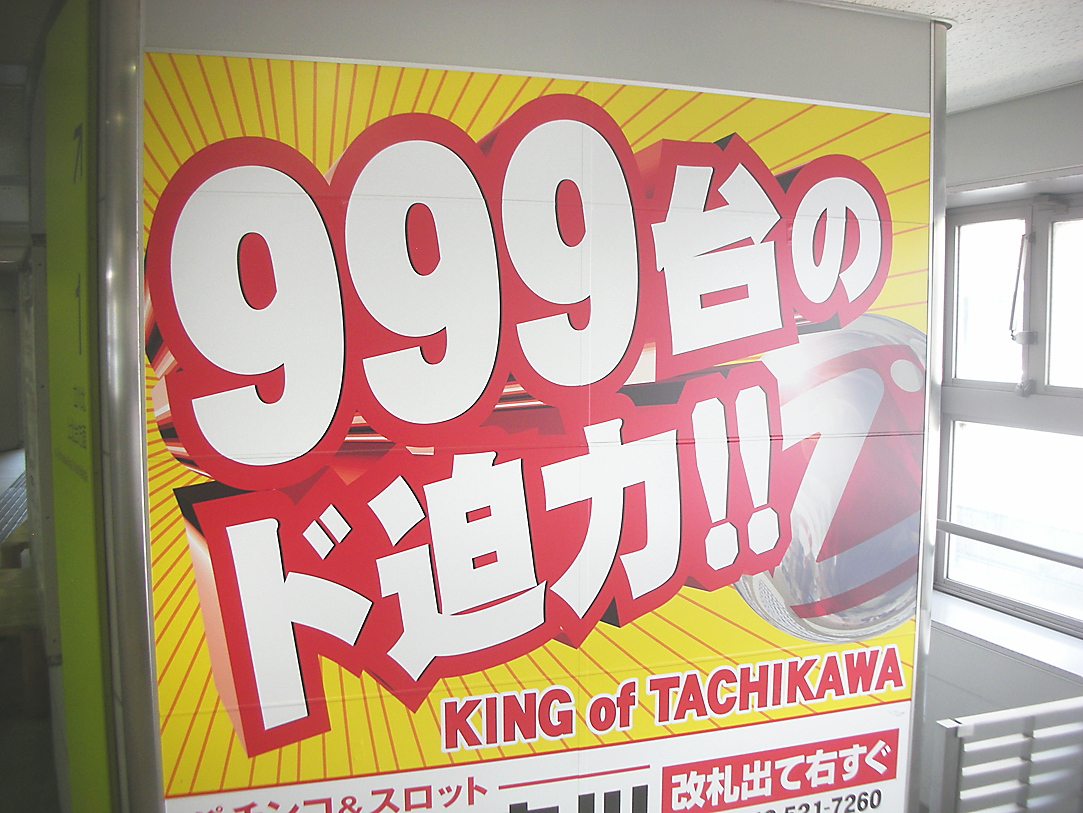One of the ultra-fascinating facets of Japanese is its super-large arsenal of intensifying prefixes that provide an otherwise neutral expression with some emphatic edge. The best-known (and least spectacular) of them is dai (大), which usually translates as "big." When something went really well, for instance, people call it dai-seikō (大成功, big success), whereas in the opposite case they acknowledge dai-shippai (大失敗, big failure). The trick works not only with Sino-Japanese words but also with native Japanese vocabulary. In such cases, the character usually takes its kun-reading, ō. Some examples are ō-yorokobi (大喜び, big delight), ō-machigai (大間違い, big mistake) and ō-sawagi (大騒ぎ, big fuss). Exceptions to this reading rule of thumb are ō-sōji (大掃除, big end-of-the-year house cleaning)and ō-genka (大喧嘩, big quarrel), where despite the Sino-Japanese main word the prefix reads ō rather than dai. The reverse combination is also possible, as in the antonym pair dai-suki (大好き, love) and dai-kirai (大嫌い, hate).
If something is more than just big, the superlative prefix sai (最) is there to express it. Accordingly, something can be sai-kōkyū (最高級, highest class) or sai-kai (最下位, lowest rank). In more casual language, the prefix can be frequently spotted in expressions such as sai-kō (最高, best), sai-tei (最低, outrageous), and sai-aku (最悪, the worst that could happen).
If that still isn't enough emphasis, you can always rely on chō (超). Just like its English correspondent "super," this prefix used to be confined to a handful of technical terms such as chō-onpa (超音波, supersonic) or chō-kōsoku (超光速, superluminal). Not so in present-day Japanese, where it can be attached to almost everything, from chō-ninki (超人気, hyper-popular) and chō-kawaii (超可愛い, super-cute) to chō-mukatsuku (超むかつく, to be super irritated) and chō-arienai (超ありえない, un-freaking-believable). The prefix also comes in handy when superlatives like those described in the previous paragraph need further upgrade. If something is better than the best, just call it chō-saikō (超最高); if someone behaves worse than worst, chō-saitei (超最低) is the word for it.



